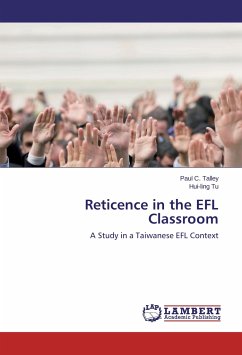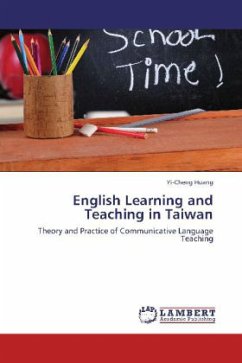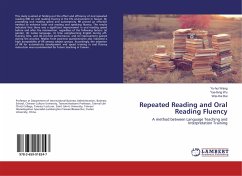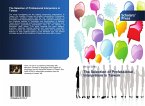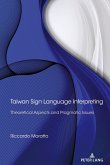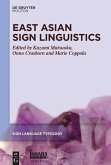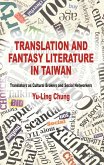This study investigates reticence in the EFL (English as a Foreign Language) classroom in a Taiwanese context. Drawing on theories and methods from several academic disciplines, this book explores the issue of reticence in the classroom via mitigation through cultural simulation techniques. An experimental and control group technique is used to determine how and why students may overcome reticence and then cope with future real-life language applications. This book demonstrates the possible significance of cultural affect in the teaching of a targeted language to a non-native student population. Reticence in the classroom is a challenge faced by many students and all teachers of foreign languages. The importance of overcoming this impediment to communicative language teaching and learning cannot be underestimated. Taiwanese students, and Asian students in general, are often characterized as passive or reticent. The purpose of this study is to indicate that reticence in a languagelearning situation is a universal and not located geographically or even culturally-based. It is hoped that the findings of this study will support this conclusion despite words to the contrary.

